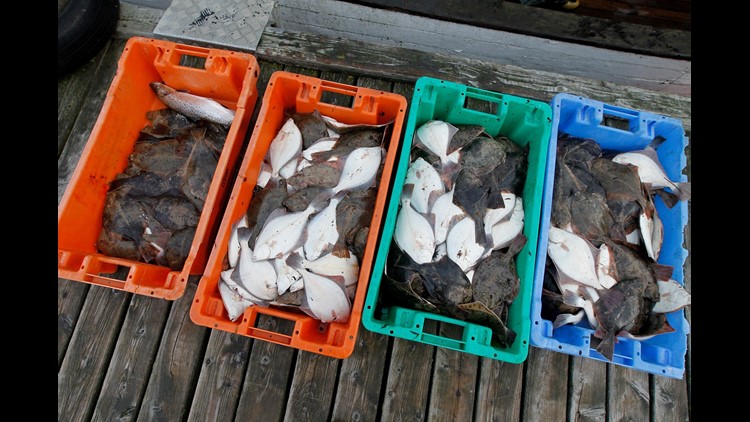The global fishing fleet has more than doubled since 1950, but it’s not because the fishing has gotten easier.
Rather, fishing boats travel farther and work longer hours to catch a declining stock of fish, according to a study to be released Tuesday in the journal Proceedings of the National Academy of Sciences of the United States of America — and that could have an impact on the environment.
Looking at data on the number of fishing vessels, researchers determined the global fishing fleet went from 1.7 million to 3.7 million boats between 1950 and 2015, the study says. Technology is a large driver of the increase: Fishing boats that had been powered for centuries by sails and oars are now primarily powered by engines. By 2015, 68% of the global fishing fleet was motorized.
North America and Europe traditionally have strong fishing industries. In the United States, commercial and recreational fishing generated $212 billion in sales, according to NOAA’s Fisheries report, supporting 1.7 million full- and part-time jobs. But there has been a general decline in the fishing fleet in North America and Europe, and growth is largely coming from Asia, where fleets have grown by 400% alone.
This latest study anticipates there will be a million more fishing vessels on the water by mid-century. That could be a serious problem for the world’s fish stock.
United Nations research shows that nearly 90% of the world’s marine fish stocks are already depleted, overfished or fully exploited. That problem is compounded by climate change and ocean warming.
The authors argue their estimates of fishing vessels should be used by local governments to better set regulations to protect the environment from overfishing.
Overfishing can change the size of the fish that remain and impact how quickly they reproduce, further depleting fish stocks. And fewer fish can make more people who depend it for protein vulnerable to food insecurity. Depleted fish stocks also hurt the $362 billion industry that relies on this highly traded commodity.



